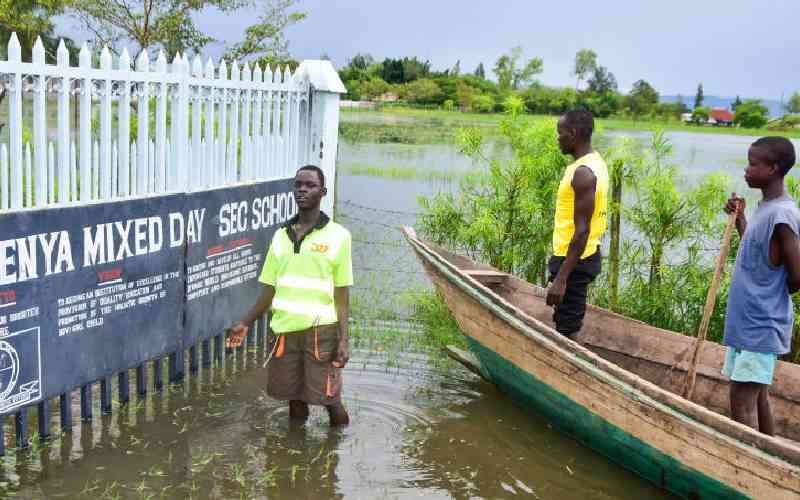×
The Standard e-Paper
Fearless, Trusted News

In response to the escalating climatic shocks that have besieged Kenya in recent years, the government has announced a substantial allocation of Sh5.9 billion to combat climate change.
This move underscores the nation's recognition of the urgent need to address environmental challenges, particularly in the face of extreme shocks like droughts and floods.